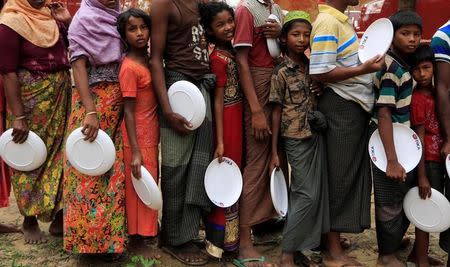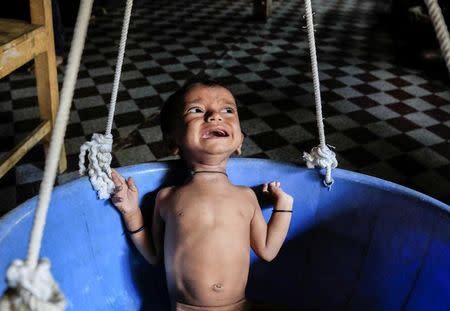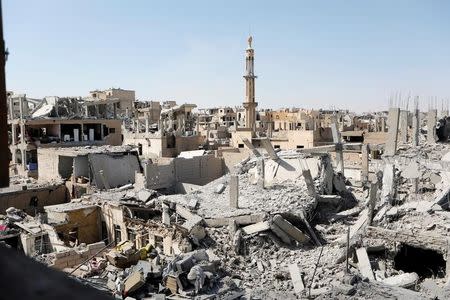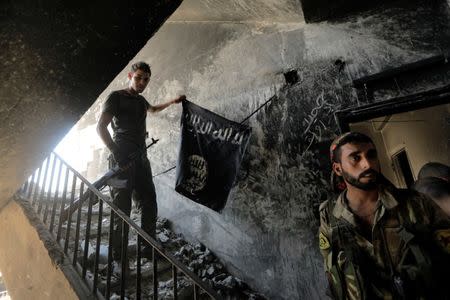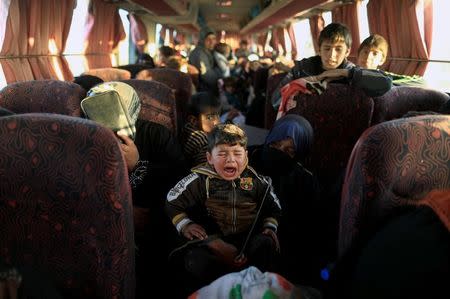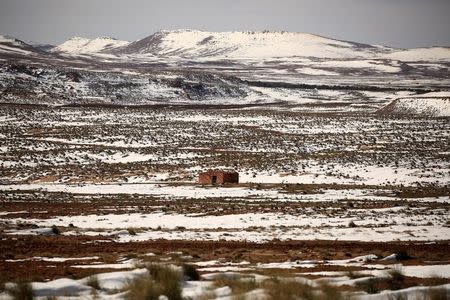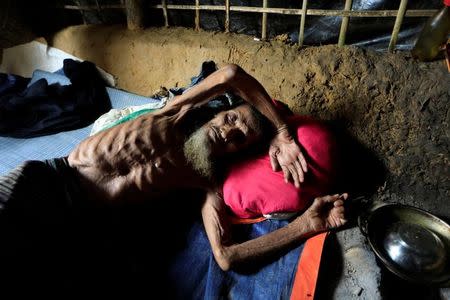The Guardian's photographer of the year: Zohra Bensemra of Reuters
NEW YORK (Reuters) - In April, Reuters photographer Zohra Bensemra was sent to cover the drought in Somalia. Once there, she looked for ways to humanize the plight of more than 2 million people trying to survive the famine amid fields of withered crops and the brittle skeletons of livestock.
See the photographs https://widerimage.reuters.com/photographer/zohra-bensemra
In a makeshift camp for displaced people, Bensemra met Zeinab, a 14-year-old girl forced to marry an older man offering $1,000 as her dowry. Zeinab had wanted to become an English teacher, but that small fortune made it possible for her extended family to travel to a Somali town on the Ethiopian border where international aid agencies providing food for drought refugees.
Bensemra found similar stories during a nearly two-week trip through the Horn of Africa. “Photography opens eyes to what’s going on in the world,” says Bensemra, who was named agency photographer of the year by the Guardian, a U.K.-based newspaper. “It’s not about nationalism or religion but about human beings.”
The Guardian recognised Bensemra’s 2017 work covering some of the planet’s most dire situations: the fight against Islamic State in Iraq and Syria; the Rohingya refugee crisis; and the drought in Somalia, among others.
Read the story https://www.theguardian.com/uk-news/2017/dec/21/agency-photographer-of-the-year-2017-zohra-bensemra
In Bensemra’s role as an eyewitness to war, human rights abuses and other atrocities, she says it is crucial to remain unbiased. “It’s important to stay neutral if we want people to believe us and trust us,” Bensemra says. “We have to be in the middle. We don’t take sides.”
Based in Algeria, Bensemra says she believes being a woman in the field has its advantages. For one, people are more likely to open up to her and share their stories.
One of her most memorable photographs of the year shows an exhausted Khatla Ali Abdallah, 90, fleeing a battle with Islamic State outside Mosul in February. Bensemra had tears in her eyes as she shot the photograph, imagining the woman as her own grandmother, but unable to help. “When you see people suffering and living very, very hard lives, I imagine myself in their place,” she says.
(Writing by Lauren Young; Editing by Toni Reinhold)




